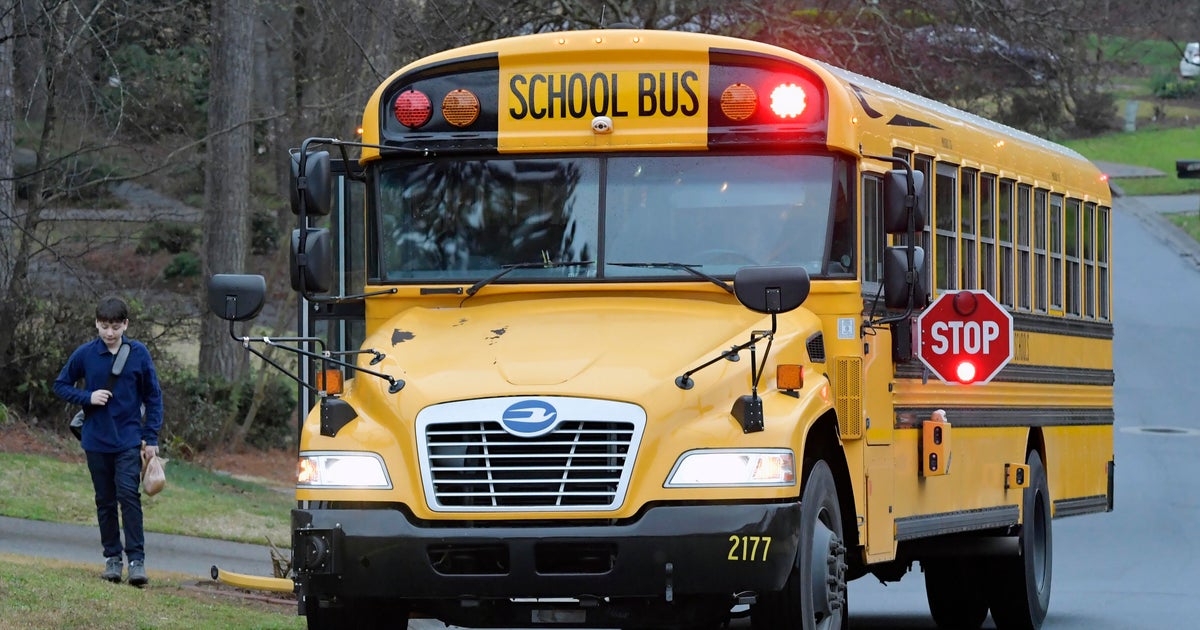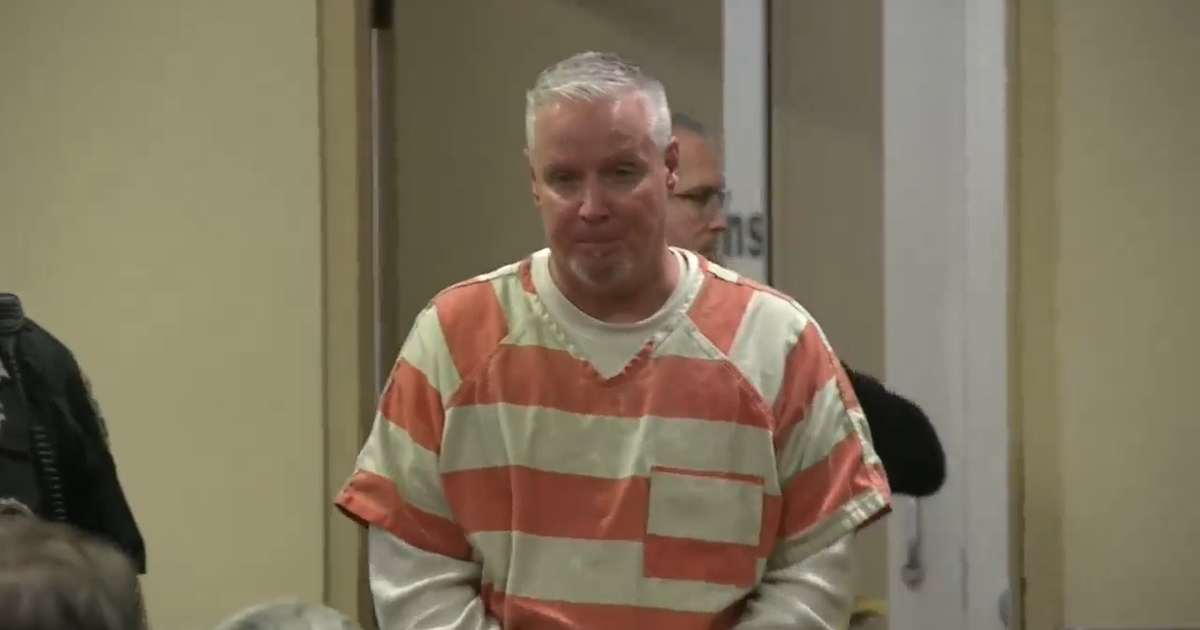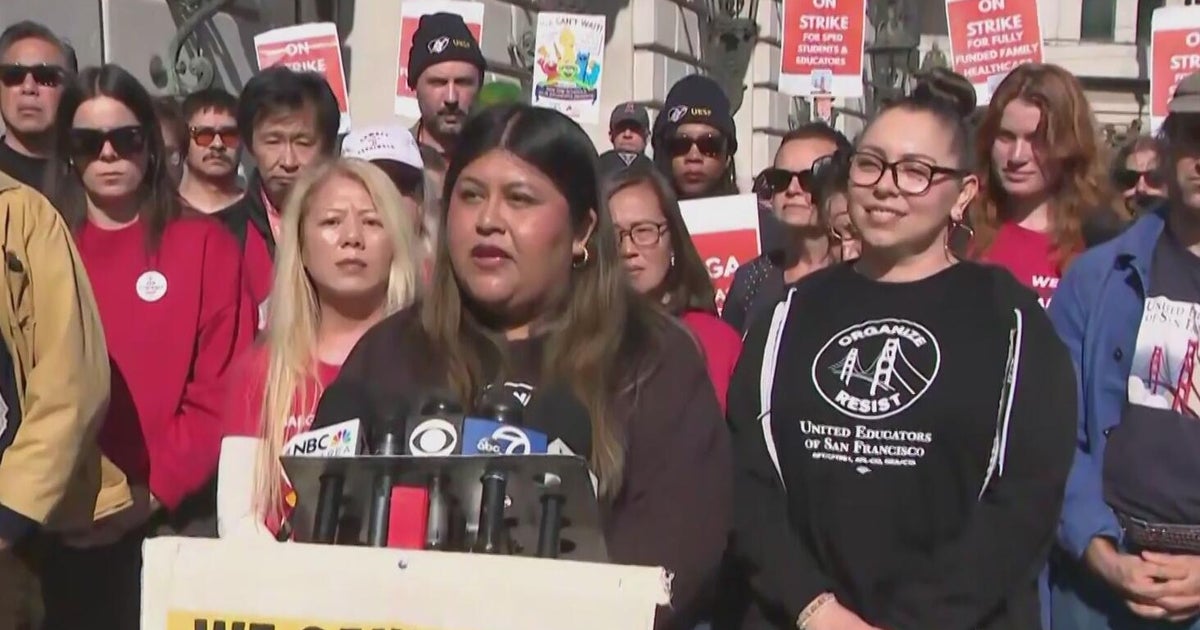Florida public school funding lines up
TALLAHASSEE - House and Senate budget negotiators appeared to be coming together on public school funding, agreeing Tuesday to provide $350 million to help school districts if the financial impact of an expanded voucher system is larger than anticipated.
Budget conference committees crossed many issues off the to-do list, but the House and Senate remained apart on a variety of large topics, such as funding for land preservation and addressing rising sea levels.
Lawmakers on Monday began negotiating a budget for the 2023-2024 fiscal year, with the final plan expected to be larger than the current year's $109.9 billion budget. The new budget needs to be finished on May 2 if lawmakers hope to end the legislative session as scheduled on May 5. That is because of a required 72-hour "cooling off" period before lawmakers can vote on the spending plan.
House and Senate negotiators aligned on a plan to spend $26.76 billion on the Florida Education Finance Program, the main funding source for public schools. That would represent a $2.2 billion increase over the current year.
"We're done. I mean, we've pretty much wrapped the FEFP (Florida Education Finance Program) formula up," Senate Education Appropriations Chairman Keith Perry, R-Gainesville, told reporters Monday night.
Negotiators followed Tuesday by agreeing to provide $350 million for what would be called the Education Enrollment Stabilization Program. That program would help protect school districts and charter schools from financial instability if they face unexpected enrollment changes caused by the state's massive expansion of school vouchers.
"It has been our commitment from day one that, what if we are wrong? We always hope that we are not wrong, but we are anticipating that ... if proration becomes an issue, we want to keep those school districts whole. And so we think that we have done that by putting this $350 million in there," House PreK-12 Appropriations Chairwoman Josie Tomkow, R-Polk City, told reporters.
School districts would be able to tap into the funds through the state Department of Education, Tomkow said.
The voucher expansion (HB 1), which has been approved by lawmakers and Gov. Ron DeSantis, will make every Florida student eligible to receive vouchers. It remains uncertain how many families will participate and how schools' enrollment would be affected.
In higher education, the House and Senate aligned Tuesday on $100 million aimed at recruiting and retaining faculty members in the state university system --- matching a request by DeSantis for such recruitment efforts.
Perry told reporters that the $100 million's potential impact would be "huge" for universities, especially for schools that don't typically receive what's known as "preeminence" funding. That funding only goes to universities that meet certain criteria.
"I think if you think about some of the preeminence, look, I live in Gainesville, my father was a professor at UF (the University of Florida), so I have a heart for UF. But at the same time, some of the bigger schools like UF and FSU (Florida State University) get a lot of the preeminence money. And this is a broader pot of money that can be dispersed, and some of the smaller schools might be in line to get that," Perry said.







